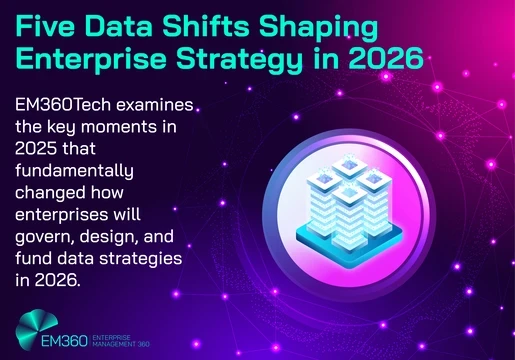Look, let me get right to the point. Why do we even need data governance? We’ve been managing data on computer systems since way back in the 20th century and we’ve done okay with it, right?

Whether we call it data governance or not, every organization has some form of oversight for the data it handles. It could be as simple as knowing that someone backs up the data or where the data is and who has access to it. More sophisticated organizations might prioritize the use and management of data and have entire teams, suites of tools, and codified processes assigned to it.
Data governance, informal and formal, spans a wide continuum of adoption techniques. It all comes down to this: Is data being fully managed in the organization and is the value of data being realized?
A lot has changed in recent years that makes these questions much more relevant today.
First, every organization now uses digital technology. Where there’s digital tech, there’s data.
Second, with billions of users connected and many more billions of devices, such as IoT, online, all these connections are doing one or more of creating, collecting, storing, and broadcasting data.
Third, the management of data has become an actual science. Today there’s a wide range of data science professions and supporting educational programs. Software for supporting these professions has exploded in recent years, including incredible solutions for analytics, visualization, and more.
Finally, mature data management is now recognized as not only a necessary function of an organization to ensure data quality, integrity, and compliance, but a rich source of potential competitive advantage. Done right, data can enhance and lower the cost of routine operations and it can be used to understand and win customers and market share.
In the absence of quality data governance, an organization will never fully realize the potential of data, and in fact, may subject itself to increasing levels of risk over time. These risks include inadvertently using bad data, experiencing privacy challenges, creating regulatory and compliance issues, and suffering from the consequences of weak cybersecurity.
The demand for high quality data governance and its promise is quickly making it a core function of more and more organizations. There’s recognition today that data creates important value for every organization. Achieving this value in an optimum fashion requires high performing data governance.







Comments ( 0 )